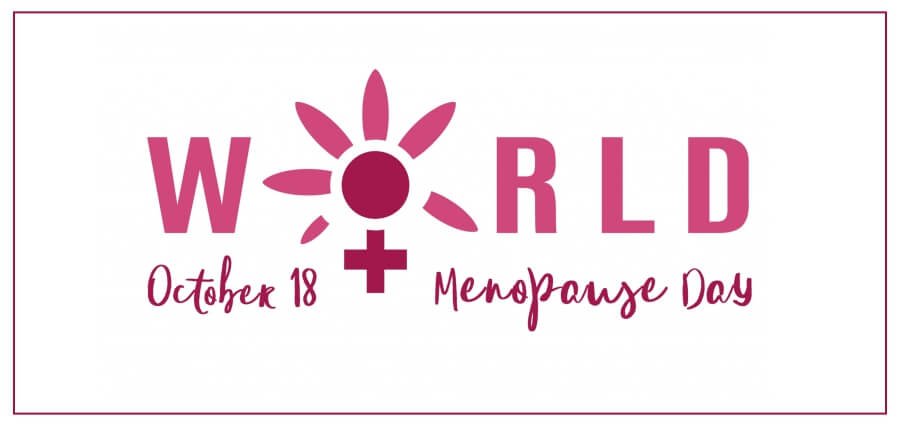World Menopause Day, celebrated on October 18, serves as a poignant reminder to shed light on the biological, social, and physiological transformations that women undergo during this significant phase of their lives. Beyond the physical changes, it provides a platform to address the often-overlooked aspects of menopause, encompassing not only the physical but also the mental and social dimensions.
Menopause, a natural occurrence in a woman’s life, marks the cessation of her regular menstrual cycle, typically occurring in the late 40s or early 50s. This phase brings about various health changes as key hormones in the body undergo substantial impacts. Symptoms such as hot flashes, night sweats, mood swings, and sleep disturbances are common, stemming from hormonal imbalances. These symptoms can be managed through lifestyle adjustments, over-the-counter medications, and hormone therapy.
However, the reluctance of societies to openly discuss menopause has led to the perpetuation of myths surrounding this topic. Let’s debunk some common misconceptions:
Menopause starts late in life: While it often begins in midlife, the onset can vary. Menopause is officially recognized when an individual has had no menstrual period for a year.
Uniform experience for everyone: Contrary to the belief that menopause is a uniform experience, symptoms, and their severity differ among individuals. It’s not a fleeting phase; for some, it can span several years.
Menopause equals aging: Menopause is a life transition, not an indicator of old age. It can commence in the late 30s, emphasizing that age is more than just a number.
Severity of symptoms: Many women experience mild to moderate symptoms, while some may face more intense challenges. Nevertheless, menopause, when considered holistically, can be a liberating phase for many.
Read More: https://chiefwomenleaders.com/




